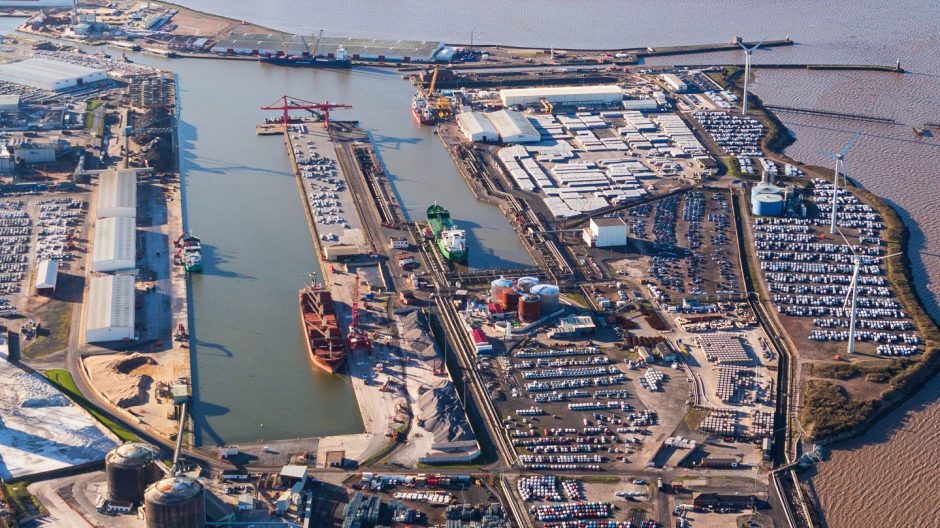
The UK government’s £22 billion backing of “unproven” technology to capture and store carbon emissions is high risk, MPs have warned.
The Parliamentary Public Accounts Committee (PAC) has called on the government to assess whether its support for carbon capture utilisation and storage (CCUS) in the UK will be affordable for taxpayers and consumers, who face high energy bills and the cost-of-living crisis.
Around a quarter of the £21.7b over 25 years for the first projects will come from taxation, while three quarters will come from levies on consumers, who already face some of the highest energy bills in the world, the MPs warned.
The Department for Energy Security and Net Zero (DESNZ) has not established mechanisms to make sure taxpayers and consumers will benefit financially if the programme is a success, or looked at the likely financial impact of developing the technology on households.
CCUS involves capturing the carbon emissions from burning fossil fuels for energy or from industrial processes such as cement production and uses or transports them for storage permanently underground – for example, in disused oil fields under the sea.
It is seen by the likes of the International Energy Agency (IEA) and the Climate Change Committee as a key element in meeting targets to cut the greenhouse gases driving dangerous climate change.
After years of trying to get CCUS schemes off the ground, the previous government announced £20b in funding in March 2023 for early deployment of the technology, and in October 2024 Labour unveiled £21.7b for two “carbon capture clusters” in Teesside and Merseyside.
But the PAC warned that there is a high risk that CCUS will not deliver on the timescales or level of carbon reductions needed to meet climate targets.
The government must avoid “over reliance” on the programme at the expense of other routes to bringing the UK’s emissions down to net zero by 2050, such as renewable energy, a report from the committee said.
The MPs also said there was a “high degree of uncertainty as to whether these risky investments in unproven technologies present best value for money for taxpayers and consumers”, compared to other ways of cutting carbon, except in a minimum of cases with little alternatives such as cement.
Emissions reduction
The report said the government had downgraded the ambition for CCUS in 2024 from original targets of 20-30 million tonnes of carbon dioxide a year by 2030, leaving it unclear as to how emissions reduction goals would be met.
The committee also warned that using CCUS for liquid natural gas would not reduce upstream emissions such as potent greenhouse gas emissions.
And the MPs also raised concerns over the use of CCUS to capture emissions from bioenergy in a bid to create “negative” emissions to offset other pollution, amid questions over the sustainability and genuine reductions in carbon from burning wood for electricity and then storing it.
Chairman of the committee Sir Geoffrey Clifton-Brown said: “This £21.7b policy is going to have a very significant effect on consumers and industry’s electricity bills.
“Whether this is acceptable remains to be seen.”
And he said: “All early progress will be underwritten by taxpayers, who currently do not stand to benefit if these projects are successful.
“Any private sector funding for such a project would expect to see significant returns when it becomes a success.
“We were surprised that the government had not even considered this aspect.”
He also urged the government to “remain alive” to recent scientific evidence on CCUS to adapt its approach, and warned that last year’s downgrading of ambitions for CCUS had left a “glaring shortfall in the path to net zero”.
The report recommends regularly assessing taxpayer and consumer exposure to CCU projects, introduce mechanisms for future schemes to make sure the public benefits financially, and for the Treasury to assess whether the full programme will be affordable.
The government must also set out its rationale for supporting CCUS in each sector where it could be applied, urgently outline new targets for capturing emissions, making clear how it will make up the shortfall for meeting targets, and consider how it will monitor and report on how much carbon is captured.
A group of leading climate scientists previously called on the UK government to pause its £1 billion investment plans for CCUS over concerns that the technology is unproven.
Recommended for you
